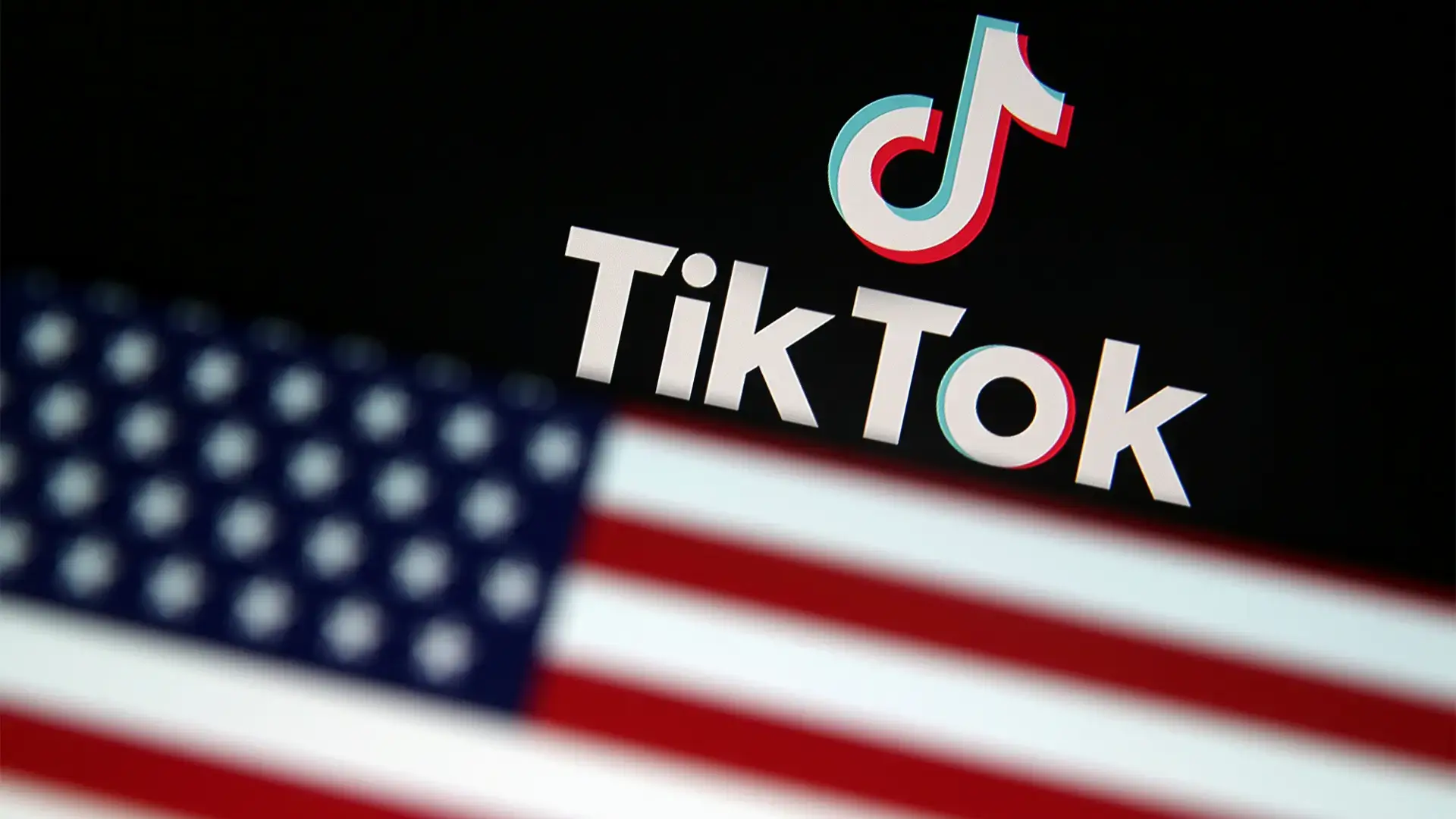The contemporary social media landscape is a melting pot of diverse platforms, each offering unique features that cater to a variety of users.
Among these platforms, one that has recently been in the limelight for a myriad of reasons is TikTok. Owned by the Chinese tech giant, ByteDance, this app has stirred up quite the controversy in the United States, with the House of Representatives passing a bill that could potentially ban the platform if its Chinese proprietor does not divest its stake within a stipulated timeframe.
TikTok’s meteoric rise to fame is attributed to its user-friendly features, primarily the ability to create and share short videos. With more than 170 million users in the U.S. alone, its influence is undeniable. However, it’s not all smooth sailing for this social media giant. Amidst this popularity, serious security concerns have been raised, leading to a legislative action that has triggered a debate on free speech.
The U.S. House of Representatives recently passed a bill, with an overwhelming majority of 360 votes to 58, that could spell trouble for TikTok. This legislation mandates that if ByteDance does not sell its stake in TikTok within a year, the app will be banned in the U.S. This move has drawn criticism from TikTok, which argues that this legislation infringes on the free speech rights of millions of Americans.
“It is unfortunate that the House of Representatives is using the cover of important foreign and humanitarian assistance to once again jam through a ban bill that would trample the free speech rights of 170 million Americans,” TikTok said in a statement.
On one hand, proponents of the bill, including lawmakers from both the Republican and Democratic parties as well as the Biden administration, argue that the app poses a national security risk. Their concern is primarily centered around the potential for the Chinese government to compel ByteDance to share user data. This is a claim that TikTok has continually denied, assuring its user base that it has never shared U.S. user data and has no intention of doing so in the future.
Despite this assurance, Democratic U.S. Senator Mark Warner, chairman of the Senate Intelligence Committee, expressed concern about TikTok being used as a propaganda tool by the Chinese government. He stated, “Many young people on TikTok get their news (from the app), the idea that we would give the (Chinese) Communist Party this much of a propaganda tool as well as the ability to scrape 170 million Americans’ personal data, it is a national security risk.”
On the other hand, there are those who argue against the ban, citing concerns over free speech. They propose stronger data privacy regulations as a more effective solution. Democratic U.S. Representative Ro Khanna is one such critic, who expressed skepticism about the ban surviving legal scrutiny due to the U.S. Constitution’s free speech protections.
“I don’t think it’s going to pass First Amendment scrutiny,” Khanna said in an interview.
The future of TikTok in the U.S. is uncertain. If the bill is passed in the Senate, it will then be presented to President Biden, who has previously indicated that he will sign it into law.
The legislation provides a nine-month deadline for ByteDance to divest its U.S. assets of TikTok, which can be extended by three months if the president determines progress is being made towards a sale.
The implications of this legislative action are not confined to the U.S. alone. The issue of TikTok’s ownership was a topic of discussion in a recent call between President Biden and his Chinese counterpart, Xi Jinping. The White House has stated that Biden raised American concerns about the app’s ownership during this conversation.
